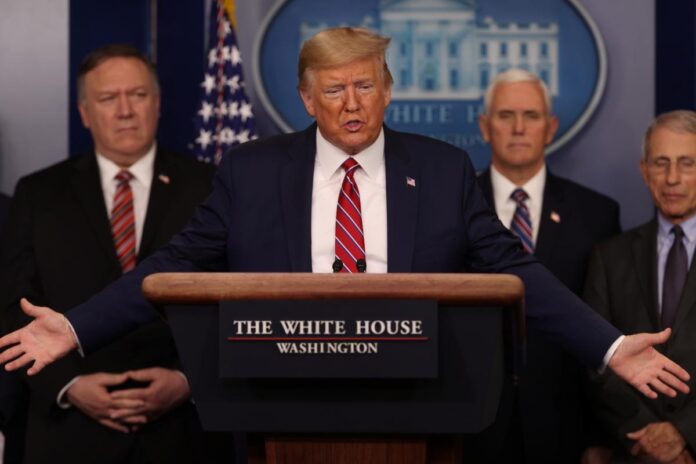Author: Michael H. Fuchs
Affiliation: Center for American Progress
Organization/Publisher: Foreign Affairs
Date/Place: July 23, 2020/USA
Type of Literature: Article
Word Count: 2311
Link:https://www.foreignaffairs.com/articles/2020-07-24/foreign-policy-post-pandemic-world
Keywords: Foreign policy, Liberal-Internationalism, United States.
Brief:
The author discusses the U.S foreign policy in the past clouded by symbolic events and having significant impact not only domestically but also internationally. Citing 9/11 as an example, the author argues that the U.S manipulated the events and devised a universal foreign policy: dictating democratic terms and ensuring that democratic principles are abided by, even if that requires violence. The author further argues that the Covid-19 pandemic has once again brought ample of challenges and opportunities for the U.S foreign policy. Since the pandemic has had a differential impact on the world, it requires a different approach. Post 9/11, U.S foreign policy was marked by a total revamp of the U.S administration. The U.S spent around $6 trillion on the global war on terror, in the succeeding 20 years after 9/11. This pandemic although has taken more American lives in a day, than the whole 9/11 episode, yet the Trump administration’s response towards it has been mild and reluctant. The author believes that the U.S despite being slow, can make a significant impact with its foreign policy. It requires a total restructuring of agencies, investment in non-military threats, increasing foreign aid budgets. And all that has to be a Congressional action. The author believes that a self-sustainable foreign policy would do more harm than good to the U.S. Scape-goating and Xenophobic tendencies should be replaced by strong transnational policies. Thus liberal-internationalism in these times has to be about multilateralism and cooperation rather than militarism and oppression.
By: Usman Khan Pathan, CIGA Research Associate




